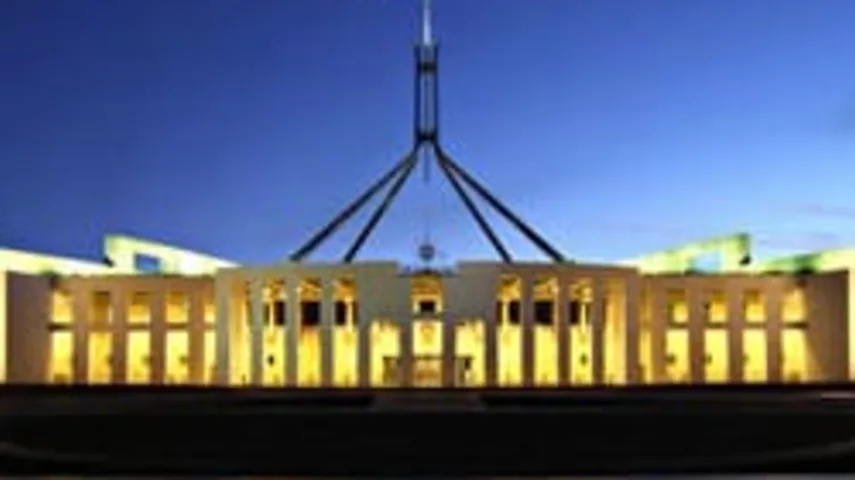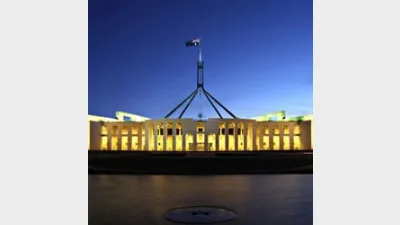SMSF issues for the year ahead



The decision by the Labor Government to withdraw from its commitment of a budget surplus leading into an election year provides scope to potentially deliver a few superannuation "sweeteners" in the year ahead.
The most obvious would be an increase to the concessional contribution cap, where currently all individuals regardless of age are limited to $25,000 per annum.
Whilst committed to an increased concessional contribution cap for those 50 and over with super account balances of less than $500,000, there could be scope for the deferred start date of 1 July 2014 to be brought forward to 1 July this year. The question is whether there may be something more?
The counter-view in providing election sweeteners was highlighted last November in a speech titled "Future Challenges: Australia's Super System" given by Dr Martin Parkinson, Secretary to the Treasury, at the conference of the Association of Superannuation Funds of Australia. Dr Parkinson shared some valuable insights about the challenges that face Australia's superannuation system.
He mentioned that the future direction of the retirement income system must be characterised by Australians having adequate income in their retirement, through a system that has integrity and is sustainable over the long-term.
But what does this mean for the year ahead?
The issue of adequacy will evolve in 2013, with the commencement of increases to compulsory superannuation from 9 per cent to 12 per cent by 2020.
From 1 July 2013, a further 0.25 per cent in compulsory superannuation (SGC) will be required to be paid on behalf of employees.
With changes to compulsory super levels expected to provide up to 90 per cent replacement income for an individual who is currently 30 years old, much of the attention now needs to focus on the management of various retirement phases and risks such as longevity.
This issue has been at the forefront of discussions with the Government's Superannuation Roundtable and will continue throughout 2013 and beyond.
Sustainability appears to be one of the Government's greatest challenges, due to global uncertainty and an ageing population.
A key question is whether the current framework for our superannuation system will be sustainable into the future. Continued budgetary pressures may put a further 'squeeze' on superannuation policy, rather than affording to offer some incentives in an election year.
Dr Parkinson noted in his speech that "…scrutiny will be even more important to the extent that existing concessions are seen to favour some at the expense of the majority".
If you consider many of the recommendations in the Tax Review by Dr Ken Henry remain dormant, it would need to be a brave Government to act on some of these measures around superannuation policy an election year!
The growth of SMSFs certainly wasn't lost on Dr Parkinson and will continue to be closely scrutinised by Treasury as an emerging issue of integrity for the superannuation system.
It is clear that Government wishes to see greater transparency on the implications of operating an SMSF, along with increased accountability requirements for SMSF trustees.
The 'stepped' administrative penalty system to be introduced as part of the Stronger Super reforms from 1 July 2013 will certainly offer a greater level of accountability to fund trustees as it provides the Australian Taxation Office with additional powers including potential mandatory training, subject to the severity of the breach.
What does it mean for SMSF professionals?
Whilst much of the focus for professionals has been on the Future of Financial Advice and Stronger Super reforms, advisers need to be cognisant of the challenges ahead confronting the Government, and the impact that these will have on advisers' clients today and into the future.
Ensuring your business will not only be adaptable to regulatory reform but also retirement policy reform is vital to ensure ongoing success with your clients and future generations.
Aaron Dunn is the managing director of The SMSF Academy and author of a blog The Dunn Thing.
Recommended for you
The winners have been announced for the 2025 Super Fund of the Year Awards, held in Melbourne on 26 November by Money Management's sister brand Super Review.
Data and technology provider Novigi has acquired Iress’ superannuation consulting and managed services business from Apex Group.
AMP is to launch a digital advice service to provide retirement advice to members of its AMP Super Fund, in partnership with Bravura Solutions.
Unveiling its performance for the calendar year 2024, AMP has noted a “careful” investment in bitcoin futures proved beneficial for its superannuation members.








